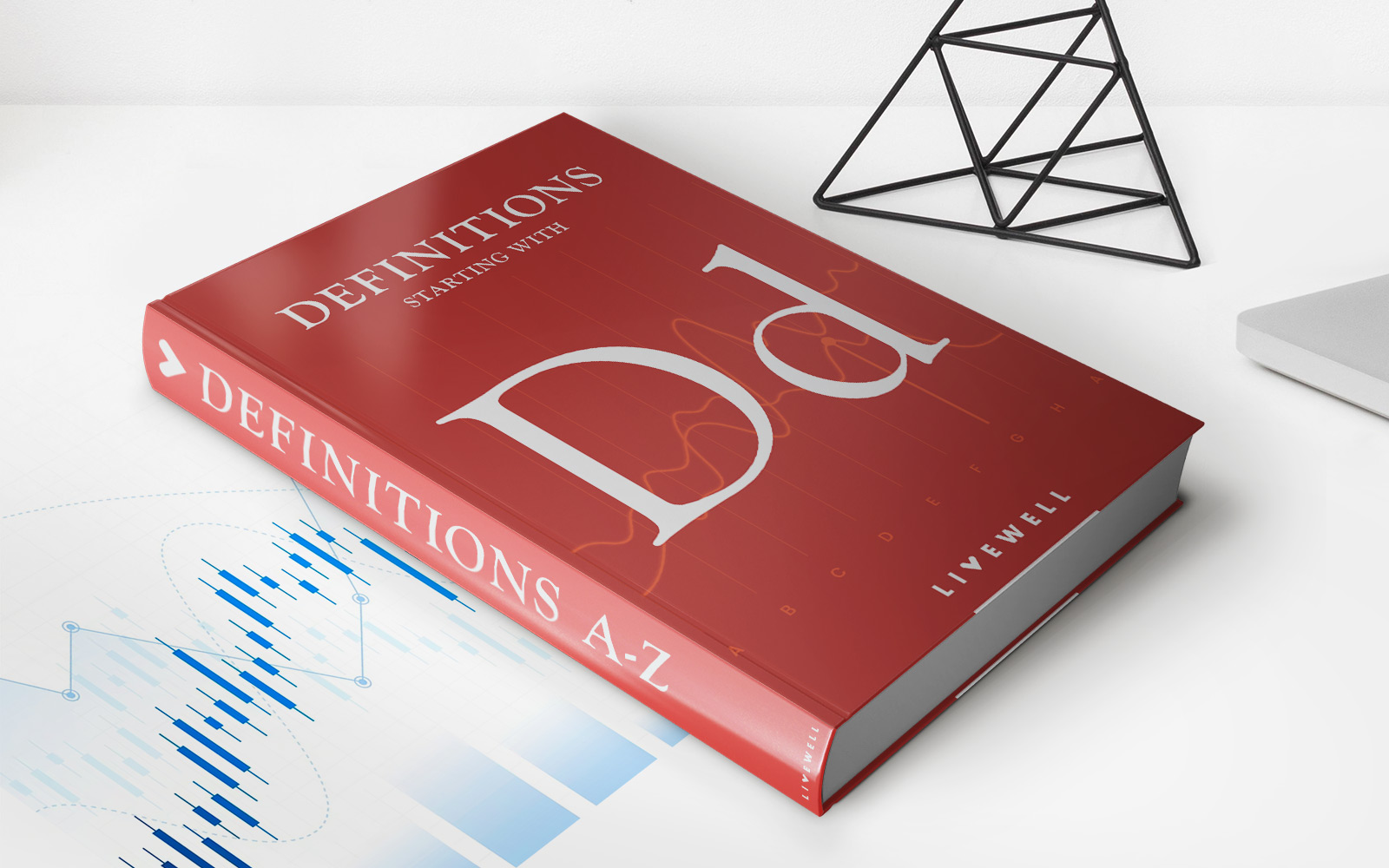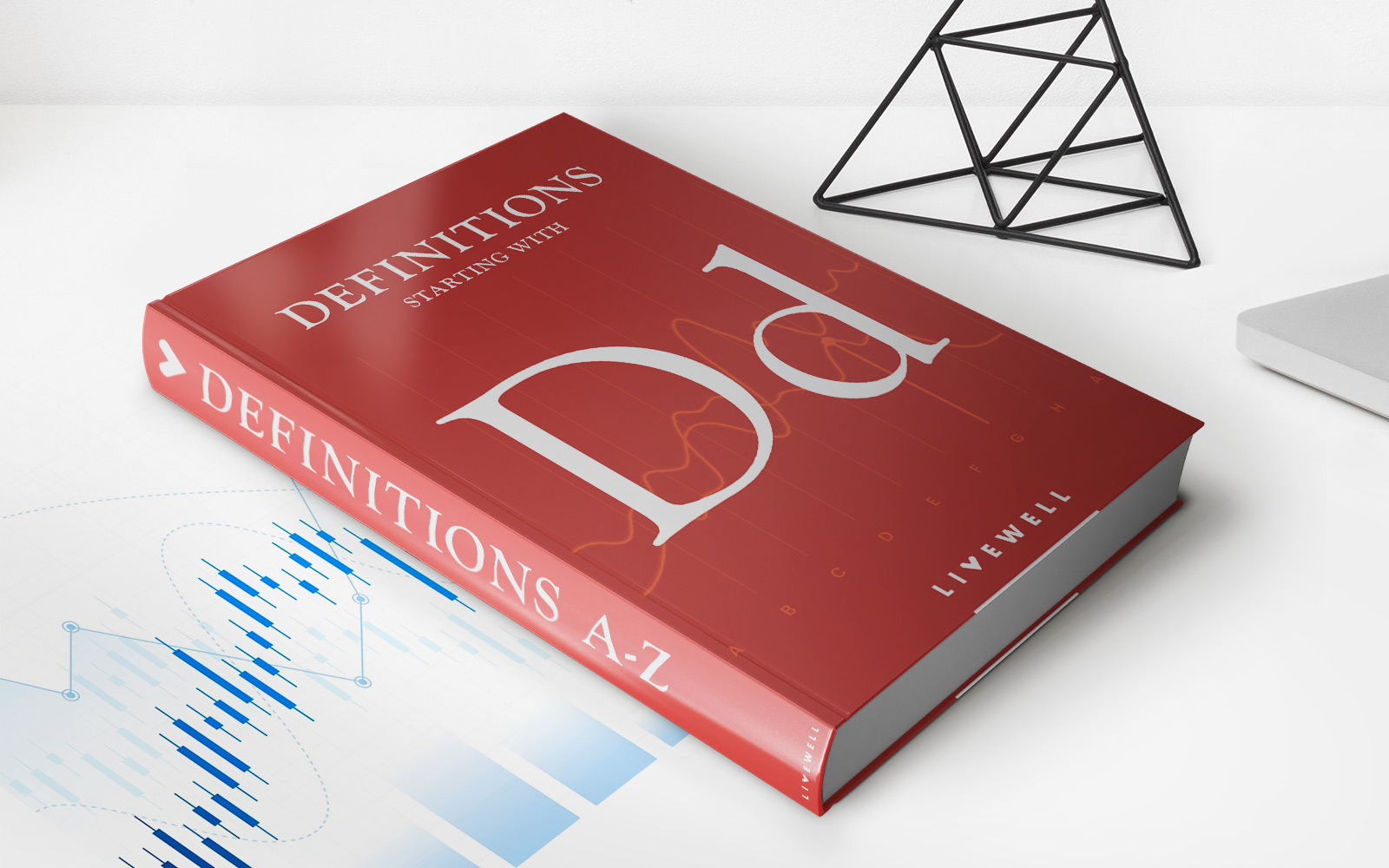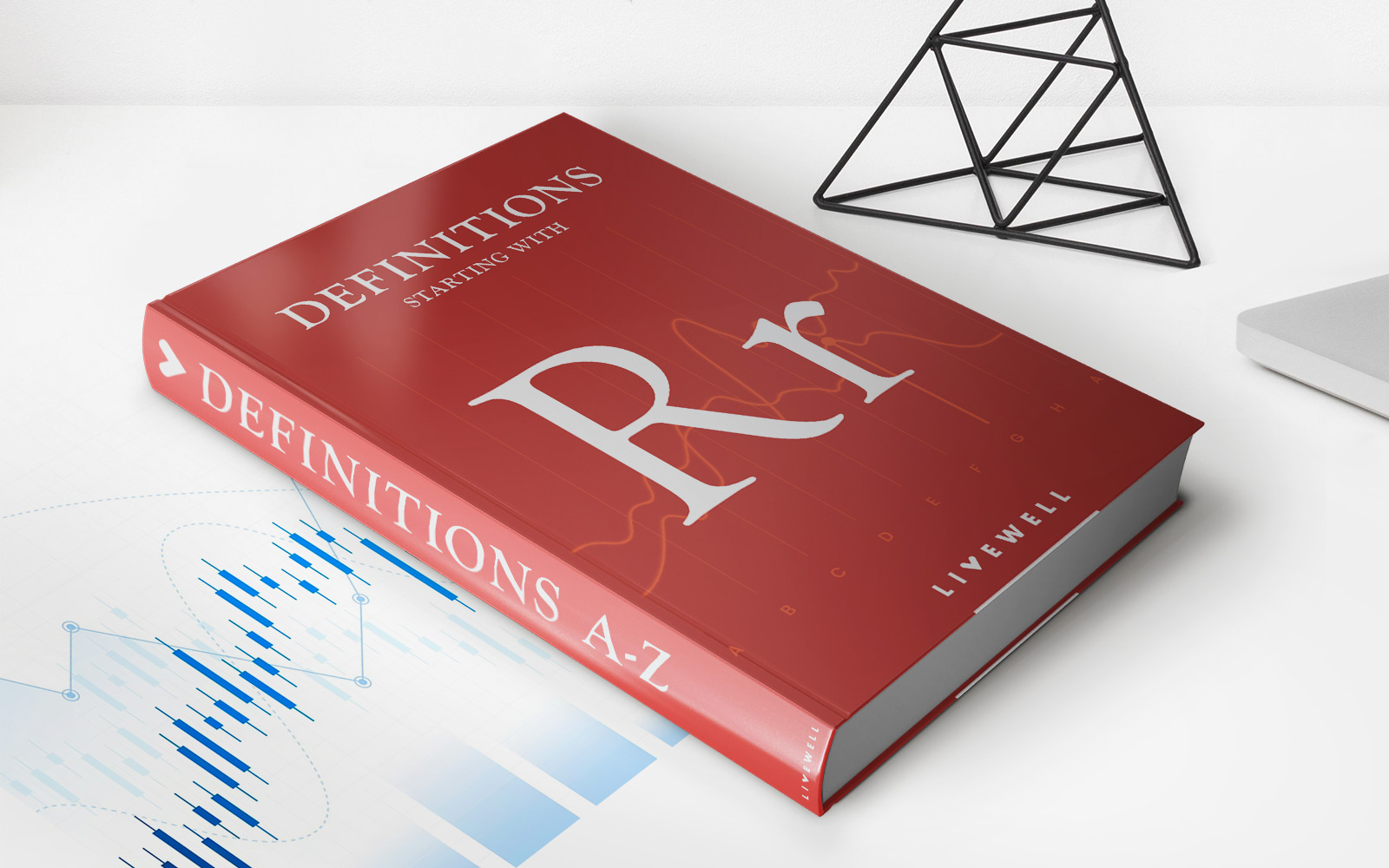Home>Finance>What Is Dilution In Trading? Definition And Examples


Finance
What Is Dilution In Trading? Definition And Examples
Published: November 11, 2023
Learn about dilution in trading, its definition, and examples in this comprehensive finance guide. Understand how dilution impacts shareholders and company valuation.
(Many of the links in this article redirect to a specific reviewed product. Your purchase of these products through affiliate links helps to generate commission for LiveWell, at no extra cost. Learn more)
Understanding Dilution in Trading: Definition and Examples
When it comes to trading, there are various terms and concepts that traders need to be familiar with. One such concept is dilution. But what exactly is dilution in trading, and how does it impact investors? In this article, we will delve into the definition of dilution and provide some examples to help you better understand this important concept.
Key Takeaways:
- Dilution refers to the reduction in the ownership percentage of a company’s shares when new shares are issued.
- Dilution can occur through various means, such as secondary offerings, convertible securities, or stock splits.
Dilution occurs when a company issues additional shares to raise capital or for other purposes. As a result, the existing shareholders’ ownership stake in the company is diluted. This means that the percentage of the company they own decreases, potentially impacting their voting rights and share of future profits.
Let’s take a closer look at the different scenarios in which dilution can occur:
- Secondary Offerings: Companies often issue additional shares through secondary offerings, also known as follow-on offerings. These offerings allow companies to raise capital by selling newly issued shares to investors. However, this increases the total number of shares outstanding, diluting the existing shareholders’ ownership stake.
- Convertible Securities: Companies may also issue convertible securities, such as bonds or preferred stock, that can be converted into common shares at a future date. When these securities are converted, new shares are issued, resulting in dilution for existing shareholders.
- Stock Splits: Another form of dilution can occur through stock splits. In a stock split, a company increases the number of outstanding shares by dividing each existing share into multiple shares. While the overall value of an investor’s holdings remains the same, the number of shares they own increases, leading to dilution.
It’s important to note that dilution doesn’t necessarily indicate that a company is performing poorly. In fact, companies often use dilutive measures to raise capital for expansion or acquisitions. However, for existing shareholders, dilution can have a significant impact on their ownership stake and potentially on the value of their shares.
Now that we have a better understanding of what dilution is and how it can occur, let’s look at a couple of examples:
Example 1: Company ABC decides to issue a secondary offering to raise funds for a new project. They issue 1 million new shares at a price of $10 each. The total number of shares outstanding for Company ABC was previously 5 million. As a result, the ownership percentage of existing shareholders is diluted, and their stake in the company decreases.
Example 2: Company XYZ announces a 2-for-1 stock split. This means that for every share an investor owns, they will receive an additional share. If an investor previously owned 100 shares, after the stock split, they would now own 200 shares. While the overall value of their investment remains the same, the dilution occurs in terms of the ownership percentage.
In conclusion, dilution is a concept in trading that refers to the reduction in the ownership percentage of a company’s shares when new shares are issued. This can happen through secondary offerings, convertible securities, or stock splits. It’s important for traders and investors to understand dilution and its potential impact on their ownership stake and overall investment.
Thank you for reading! We hope this article has helped shed some light on the concept of dilution in trading.














